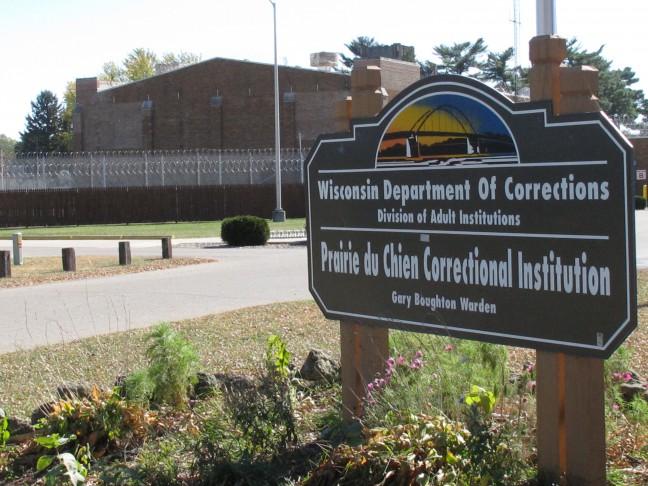Last week, Illinois became the first state to eliminate cash bail as a requirement for pretrial release. Under a new law — Safety, Accountability, Fairness and Equity-Today (SAFE-T) Act — all defendants are assumed eligible for pretrial release without bail except in cases where judges and prosecutors deem defendants unsuitable for release.
Wisconsin voters took the state in the opposite direction after the election in April. A binding measure on the ballot asked voters to approve an amendment that would make it harder for defendants in the state to be released on bail before a trial. Just before the election, Wisconsin Republicans also pushed through a law that expands the definition of violent crimes and allows judges to examine a defendant’s criminal history when setting the bail amount.
These Republican efforts enjoyed fairly popular support. According to a Marquette Law School poll last summer, well over half of Wisconsin voters polled reported being “very concerned” about crime in the state. Former Republican gubernatorial candidate, Tim Michels, and conservative State Supreme Court justice candidate, Dan Kelley, both adopted strong “law and order” rhetoric while on the campaign trail.
Despite widespread concern about crime, Wisconsin voters may not realize that enacting stricter cash bail measures may not actually guarantee a higher degree of public safety but exacerbate existing inequalities in the criminal justice system.
In Illinois’s new framework, defendants deemed a threat to other people or intending to flee prosecution are held without bail. In this sense, the elimination of cash bail will not result in lawless Gotham-like communities that many conservatives fear, but rather a challenge to a pretrial system that locks up poor people and lets wealthier people walk free on the same charges.
In the US, Black defendants are assigned bail that is thousands of dollars higher than the average. The US Commission on Civil Rights reports that over 60% of defendants remain in pretrial detention simply because they are unable to afford their bail. The cash bail system makes it harder for low-income and Black defendants to get out of detention–despite being legally innocent–than their wealthier counterparts. The two-tiered nature of cash bail is starkly evident.
Over 400,000 individuals are held in pretrial detention each day in the US, costing taxpayers $13.6 billion to incarcerate defendants presumed innocent annually. Eliminating cash bail is a prerequisite to address mass incarceration and severe economic and racial disparities affecting defendants even before a verdict is read. Wisconsin must be brave enough to follow its southern neighbor’s progressive example.
Jack Rogers (jrogers@badgerherald.com) is a sophomore studying Chinese and economics.


